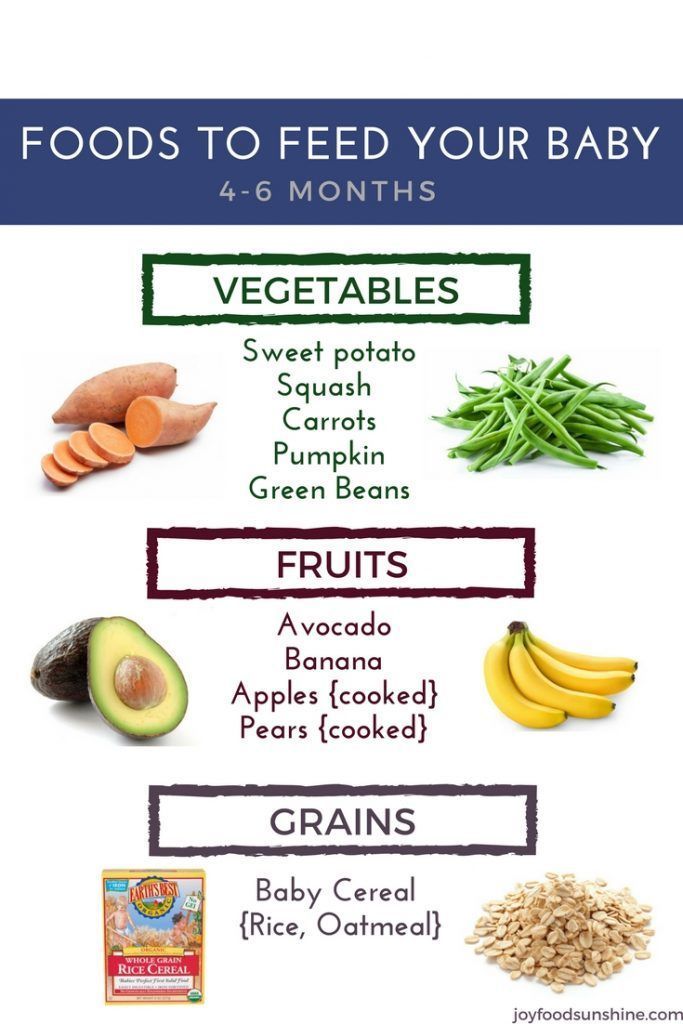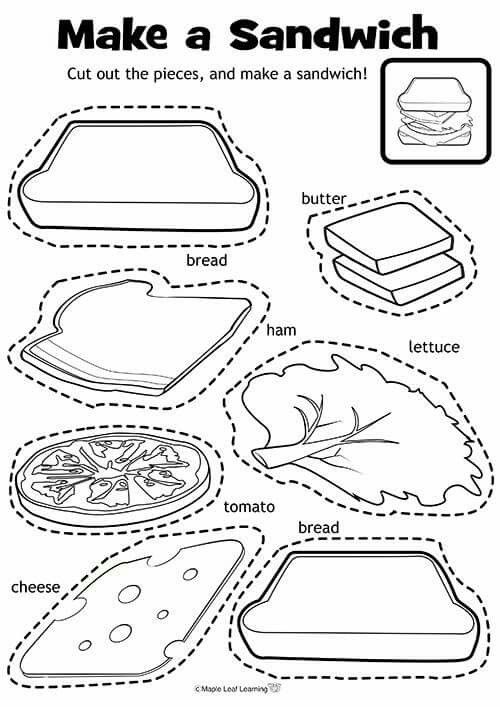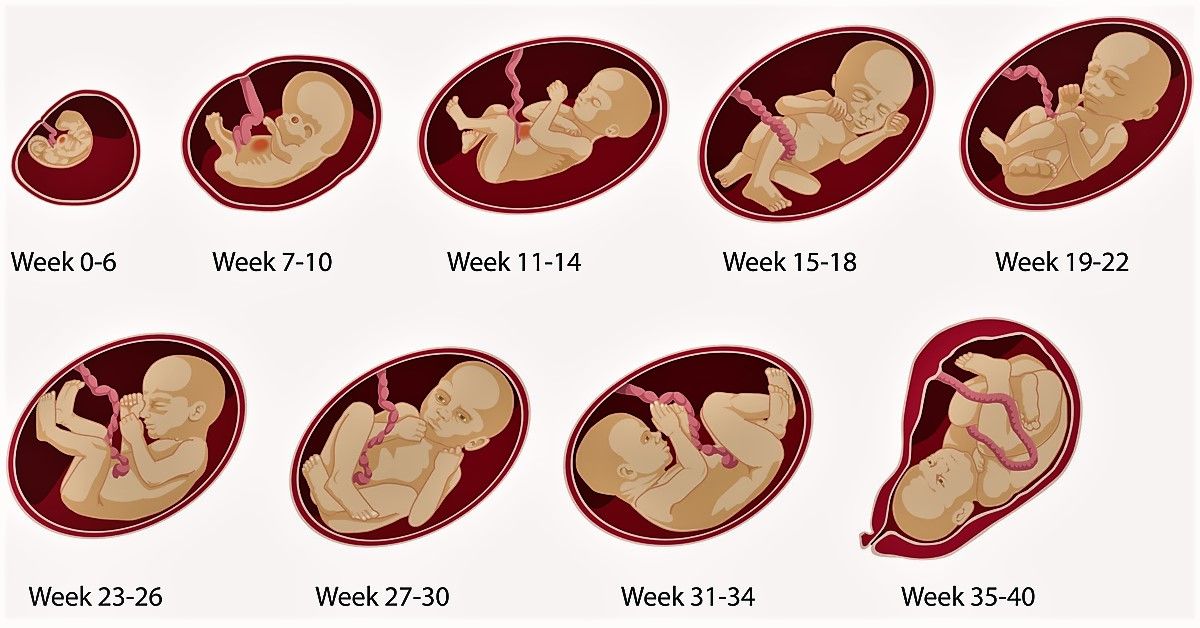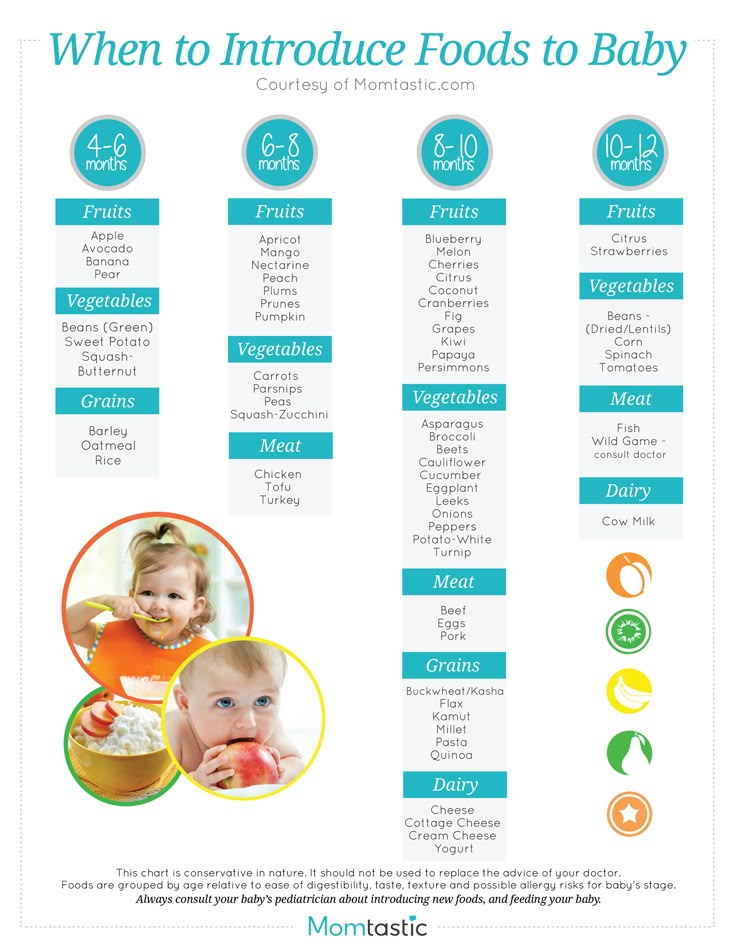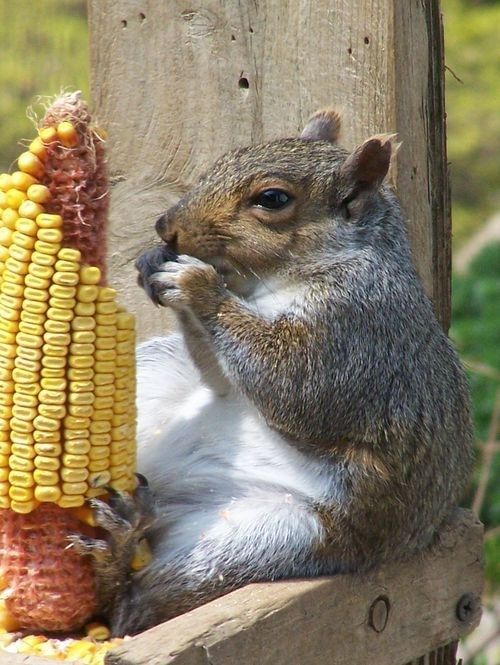Food for baby during loose motion
12 Helpful Foods to Give during Loose Motion in Baby & Toddler
The bodily functions in children develop as they grow. Babies and toddlers have a sensitive digestive system, and therefore, they have more chances of suffering from diarrhoea. They may not want to eat or drink anything. But, as a parent, you need to keep your kid hydrated. This article covers the foods you should and shouldn’t feed your child when he has loose motions. Let’s get started then.
Video : Foods to Give and Avoid When a Baby & Toddler Has Diarrhoea
Foods You Should Give When Your Infant/Toddler Has Diarrhoea
The diet for a child with diarrhoea usually includes food items that are not only easy to digest but sometimes, also help resolve the problem.
1. Breast Milk (0 Months+)
If your breastfeeding baby soils his diapers often, just stick to breast milk. Breast milk will keep him hydrated and also tackle his bowels.
2. Buttermilk (7 Months+)
Probiotics are very effective in battling diarrhoea. Give foods like curd, buttermilk or lassi yoghurt to your little one.
3. Rice Gruel (6 Months+)
Rice water can help your baby maintain the fluid levels in his body. It also helps to decrease the frequency of stools.
4. Ginger
Many mothers and people from the earlier generations swear by the power of ginger in reducing the symptoms of diarrhoea. Usually, this is meant for kids that are slightly older and not young babies. Giving them ginger mixed with some rock salt and jaggery works on providing some relief from diarrhoea and indigestion. You may also try a decocotion or pramathya of carom seeds (ajwain), nagara or ginger (zingiber officinale), pippali (Piper longum), harad (Terminalia chebula), Vacha (Acorus calamus), which is very effective for treating diarrhoea.
5. Nutmeg
Also known as jaiphal in various parts of the country, this is yet another age-old remedy used in various Ayurvedic preparations till date. It is usually prepared by rubbing a small portion of the spice on a stone grinder to get some powder. This powder is then mixed with some water and given to babies. This remedy is an effective one to provide relief or treat diarrhoea in children over 6 months and under 10 years of age.
6. Lemon Water ( 8 Months+)
There seems to be no ailment that lemon can’t cure. Lemon replenishes the body with the lost fluids. Mix lemon juice with warm water and add some salt to make tasty and healthy lemon water.
7. Cumin Powder
This is a great remedy for improving digestion and stimulating hunger in babies older than 6 months. It can also provide relief from mild gastric pain and indigestion, but may not help control diarrhoea. Roast some cumin powder and fennel seeds in a pan. Boil the roasted spices in some water and let it cool.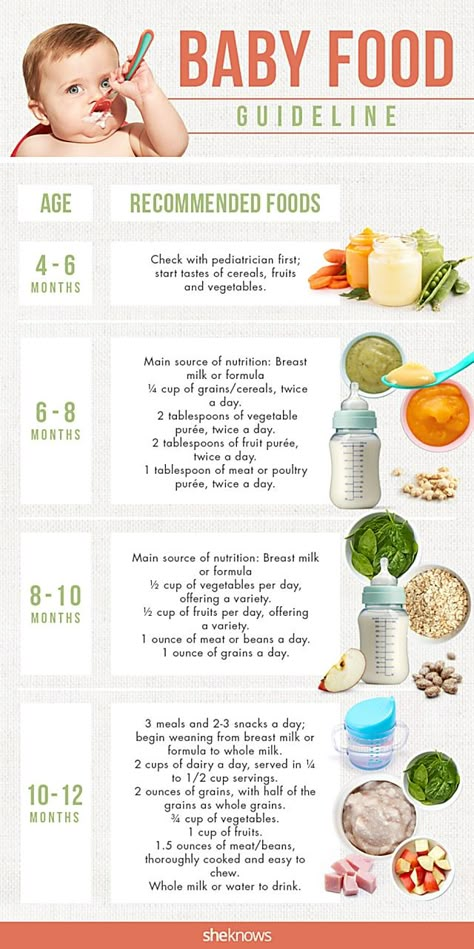 Feed the water to your child 2 to 3 times a day in small portions depending on your his age.
Feed the water to your child 2 to 3 times a day in small portions depending on your his age.
8. Vegetable Soup (8 Months+)
Babies’ bodies can easily absorb the nutrients from a clear veggie soup. Avoid using spices like pepper and gassy veggies like cauliflower, cabbage, sprouts and spinach during loose motions. You may add a pinch of roasted hing, and jeera powder to improve digestion.
9. Chicken Soup (9 Months+)
If you wish to try a non-veg soup, clear chicken soup is a great option. It digests easily and is nutritious for children with diarrhoea.
10. Tender Coconut Water (8 Months+)
Dehydration can take a toll on your little one. Coconut water has a lot of natural salts and minerals, along with natural glucose. And the best part is that coconut water works for breastfeeding babies, too!
11.
Sabudana (7 Months+)Khichdi or porridge made from sabudana is quite beneficial for kids during a bout of diarrhoea.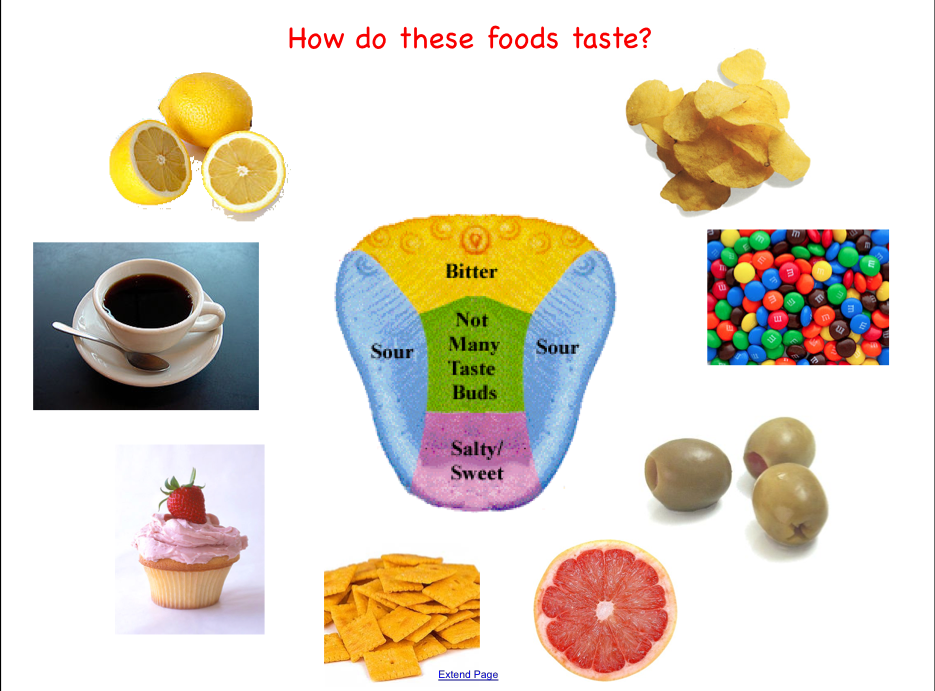 Soak the sabudana, cook it, and strain the water. You can add salt or hing for flavour.
Soak the sabudana, cook it, and strain the water. You can add salt or hing for flavour.
12. Baby Bananas (6 Months+)
Bananas help to harden your baby’s stools, thus relieving diarrhoea. Steam and cut the banana into small pieces before offering.
13. Boiled Potatoes (8 Months+)
Food items that have starch can provide nutrition to your baby. Mashed potatoes flavoured with cumin seeds reduce gas as well as work on diarrhoea.
14. Pomegranate
If your kid has teeth and can chew well, you can feed him pomegranate seeds. Else, it is best to extract pomegranate juice and dilute it with enough water. Giving it to your baby once a day can work towards reducing diarrhoea in babies between 6 months and 5 years of age.
15.
Idli (8 Months+)Yes! Idlis are healthy and easily digestible, as the batter is fermented, but it’s role in controlling diarrhoea is debatable. Crush the idlis properly into small pieces before giving them to the child.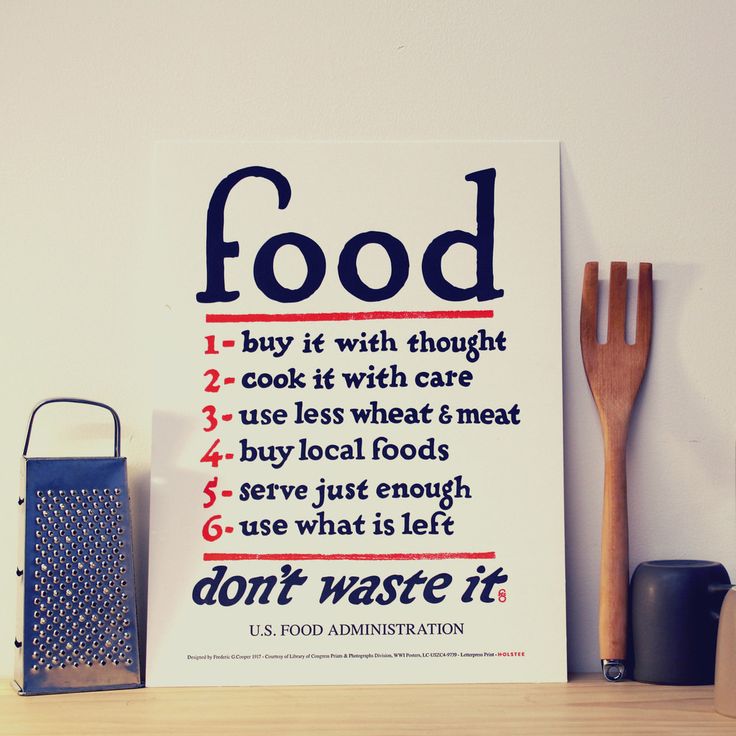 Don’t feed chutney along with it.
Don’t feed chutney along with it.
16.
Moong Dal Soup (6 Months+)Cook a handful of moong dal with a pinch of turmeric powder in water. Then, drain the water and give it to your baby. It can help with stomach pain and diarrhoea.
17. White Bread (1 Year+)
This is yet another preferred food item during diarrhoea. White bread is made of refined flour that acts as a binding agent, and does’t have the fibre that encourages elimination. This bread can be eaten toasted or untoasted. Avoid using spreads, butter, jam, etc. as it will only aggravate the situation.
18.
Bilva/Bel/Wood Apple SyrupA homemade syrup of bilva (bel/wood apple/Aegle Marmelos) can help control diarrhoea in babies older than 6 months of age. This remedy is useful for adults as well! The syrup can be made by soaking dried wood apples in water overnight, and boiling it in the same water the next day till the water reduces to half the quantity. Then, strain the syrup and let it cool.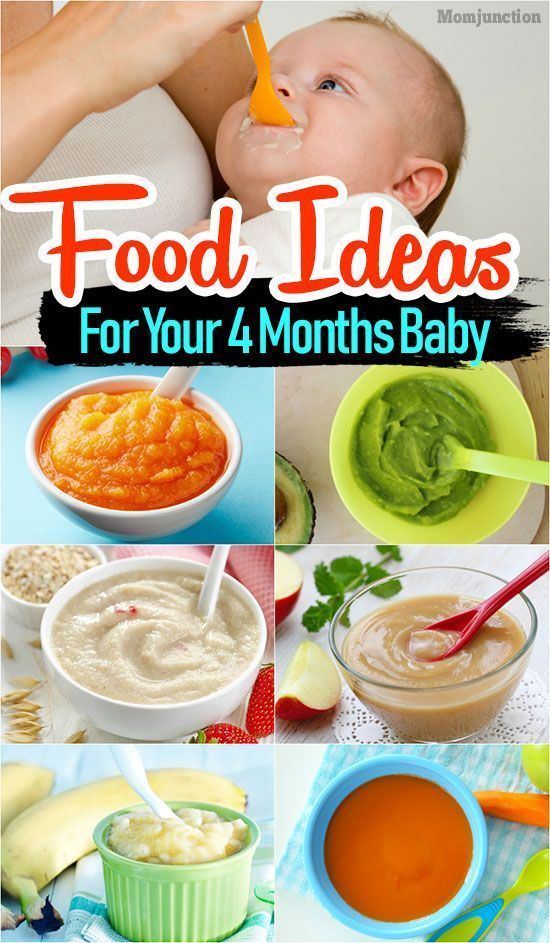 You may feed the syrup with a spoon to your little one, or dilute it in water to make a sherbet without any sugar.
You may feed the syrup with a spoon to your little one, or dilute it in water to make a sherbet without any sugar.
Another way of making the syrup is to cut wood apples, take out the pulp, and soak it in twice the amount of water, i.e. the pulp to water ratio should be 1:2. When the pulp has soaked enough, mash it properly and sieve it. You can add a pinch of roasted cumin and hing to it. There is no need to mix sugar as its already a little sweet, but if your child has sugar in his diet and you think he could need some, add a small amount to sweeten the syrup.
Foods You Should Avoid
The foods you shouldn’t give your baby/toddler when he has diarrhoea are:
- Dairy products except curd and buttermilk, and yoghurt
- Fruit juices
- Fizzy drinks
- Fruits that start with P (peaches, pears, prunes, plums)
- High fibre foods
- Dry fruits and nuts
- Sweets
- Raw veggies
Diarrhoea can make you quite anxious about your baby.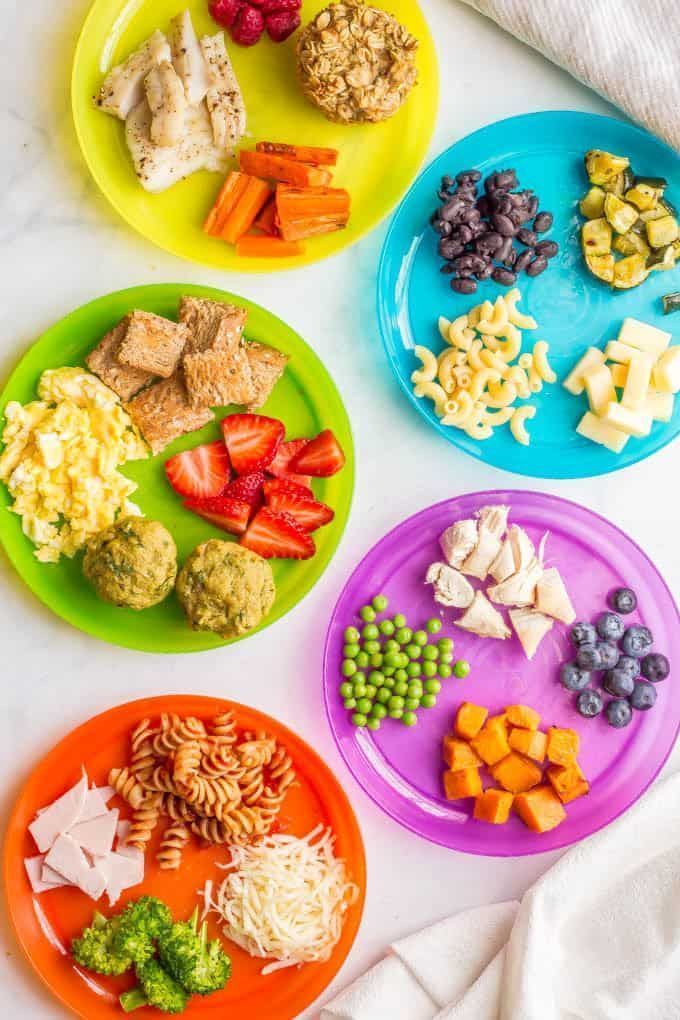 Giving the right foods is the first step to recovery. If your baby’s health doesn’t improve, contact your paediatrician immediately.
Giving the right foods is the first step to recovery. If your baby’s health doesn’t improve, contact your paediatrician immediately.
Also Read:
Giving Enema for Babies and Kids
Cough Remedies for Kids at Night
Remedies for Stomach Pain in Toddlers
Home Remedies for Loose Motions in Babies and toddlers | Diarrhea Foods for Toddlers
Home Remedies for Loose Motions, Diarrhea/loose motion in Babies and toddlers definitely make parents worried as it can make the child feel tired and irritable. Babies and Toddlers don't prefer to eat during diarrhea, but it's important to feed them to prevent dehydration. Many parents are confused about what to feed the baby during diarrhea/loose motion. Don't worry, this post helps you to feed your child well when the child has diarrhea and helps to recover quickly.
What's diarrhea and how can I tell my baby has diarrhea?Based on two factors u can conclude that your baby has diarrhea,
- Increase in frequency: two times your baby's normal pattern.
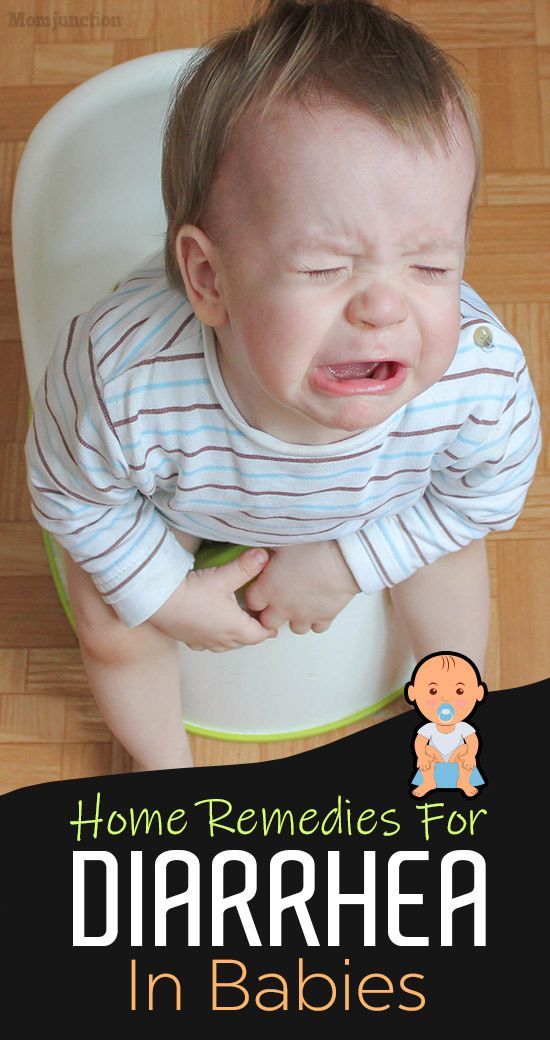
- The stools become looser, watery, mucusy, green or runner than usual.
For more information on the further symptoms check here
When to see the doctor if your baby has diarrhea?Make an appointment with your baby's doctor immediately if
- Baby is younger than 3 months
- If your baby is over 3 months, call the doctor if the diarrhea is not improving after 24 hours
- Cannot keep any food down
- Vomiting or has a fever
- Blood in stool
- Signs of dehydration
It's vital to determine the cause of diarrhea to take action. Below are the top culprits that cause diarrhea.
- Intestinal infections
- Food allergy
- Food intolerance
- Antibiotics
- Too much juice intake
- For baby's younger than 6 months, only breastfeeding or formula feeding is recommended during the episode of diarrhea.
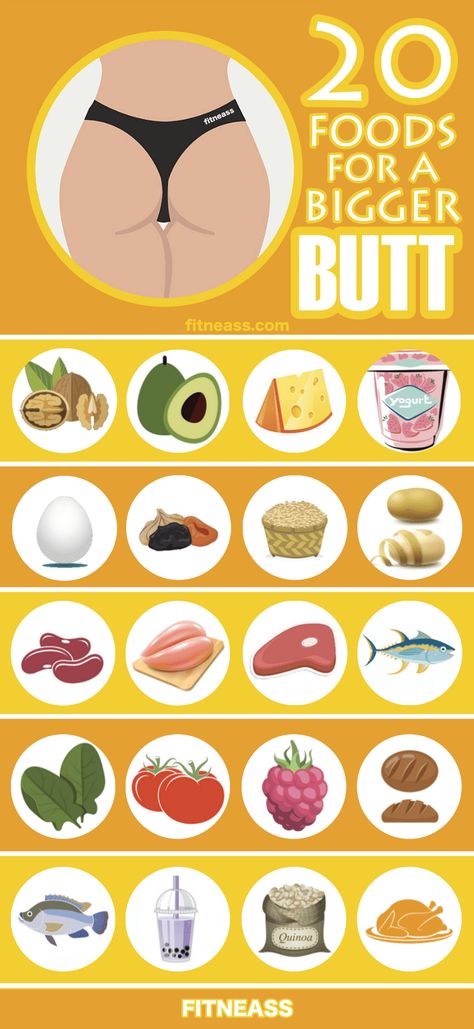
- For babies above 6 months, Give small and frequent meals. Prefer easily digestible foods.
- Don't force the baby to eat, instead try to offer the foods he prefers.
- Offer your baby fruits rich in potassium.
- After every bout of loose motion, feed breastmilk/formula or offer a few teaspoons of drinks like water, buttermilk, etc
- Give your toddler ORS (Oral Re-hydration Solution) if your pediatrician prescribed the same.
Earlier it was suggested to feed your baby/toddler only with the classic BRAT diet (Banana, Rice, Apple Sauce, Toast) during diarrhea, but now the pediatricians and AAP (American Academy of Pediatrics) are advised to continue including solids preferably light and easily digestible foods.
Bookmark this page for future reference as I will be updating this post on a regular basis. Click on each thumbnail image given below for the recipes.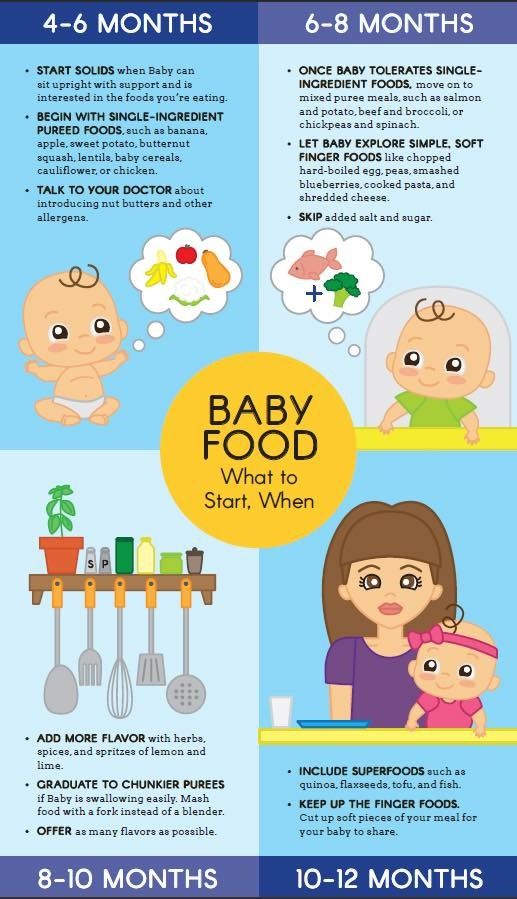 Choose recipes according to your baby's age which is mentioned in the brackets along with recipe heading. Please refer to the notes section given at the end of the post for the key points to remember before offering diarrhea foods to your baby.
Choose recipes according to your baby's age which is mentioned in the brackets along with recipe heading. Please refer to the notes section given at the end of the post for the key points to remember before offering diarrhea foods to your baby.
Here is the video for the list of foods to offer during loose motion/diarrhea in babies and toddlers
Read further below on the detailed information and foods can be given during diarrhea
Drinks or Beverages:1. Breastfeeding (0 Months+) :Breastfeeding or formula feeding during diarrhea helps to keep the baby hydrated. It's especially important when your baby is less than 6 months. If your baby can't keep the milk down, call your baby's doctor.
2. Plain Curd or Buttermilk or Plain Lassi (7 months +) :Offering probiotics like curd, buttermilk or lassi which are doses of helpful bacteria may help get things back on track.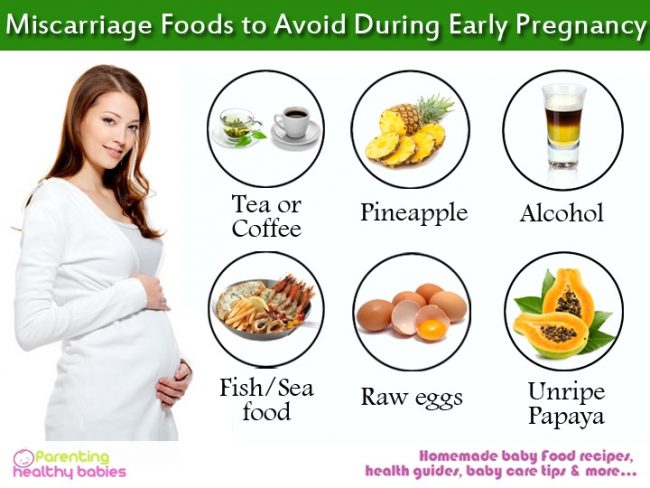 Some research shows that probiotics can cut bouts of infectious diarrhea by half a day or about to 2 days. Check out plain Lassi recipe here:
Some research shows that probiotics can cut bouts of infectious diarrhea by half a day or about to 2 days. Check out plain Lassi recipe here:
Barley water has a good amount of scratch which helps to absorb excess fluid in stool and helps to stop diarrhea. Be sure to feed your baby with barley water in moderation if your family has no history of allergy to gluten. Check out barley water recipe here:
4. Rice Gruel (6 Months+):Rice gruel/Rice water/Watery rice soup is a best and easily available home remedy for diarrhea, it's a best re-hydration fluid which can be used as a replacement for the fluids lost in diarrhea. It also helps to decrease stool output. Check out rice gruel recipe here:
5. Water (6 Months+):Offering few sips of boiled cooled water after every about of loose motion helps the baby/toddler to stay hydrated.
6. Lemon Water/Nimbu Paani (8 Months+):Lemon water is an easy home remedy that is believed to soothe irritation in the intestines and kills the pathogens causing diarrhea, Make a Juice of 1 lemon, mixes with a glass of water adds a pinch of salt or sugar, and offer your baby.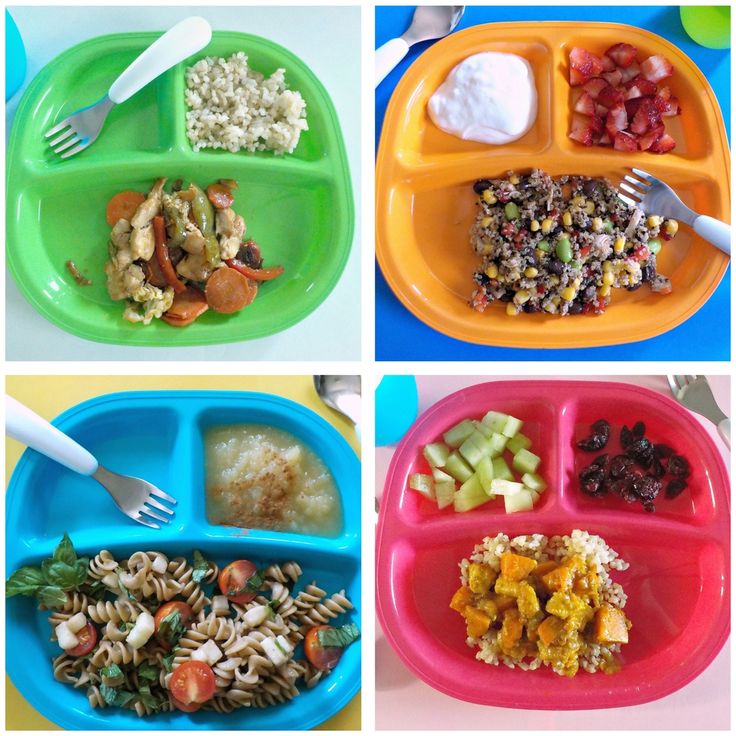 Don't add sugar/salt for babies below one year. Check out lemon juice recipe here.
Don't add sugar/salt for babies below one year. Check out lemon juice recipe here.
Coconut water is ideal in preventing dehydration, it replenishes the natural salt lost by the body.
Soups:
8. Vegetable Clear Soup (8 Months+):Vegetable clear soups are best during diarrhea as it's easily absorbed by the body. Make it a clear soup without spices like pepper, green chilies and avoid gassy vegetables like broccoli, cauliflower, cabbage, spinach and sprouts during loose motions. Check out vegetables soup recipe here:
9. Chicken Clear Soup (9 Months+):The chicken clear soup is also an excellent choice during diarrhea, which is easily digestible. Check out chicken clear soup recipe here.
10. Moong Dal Soup (6 Months+):Fruits and Vegetables:11. Stewed Apple (6 Months+):Stewed apples or apple sauce is an excellent binding food that firms up the stools and hence it's ideal to offer during diarrhea.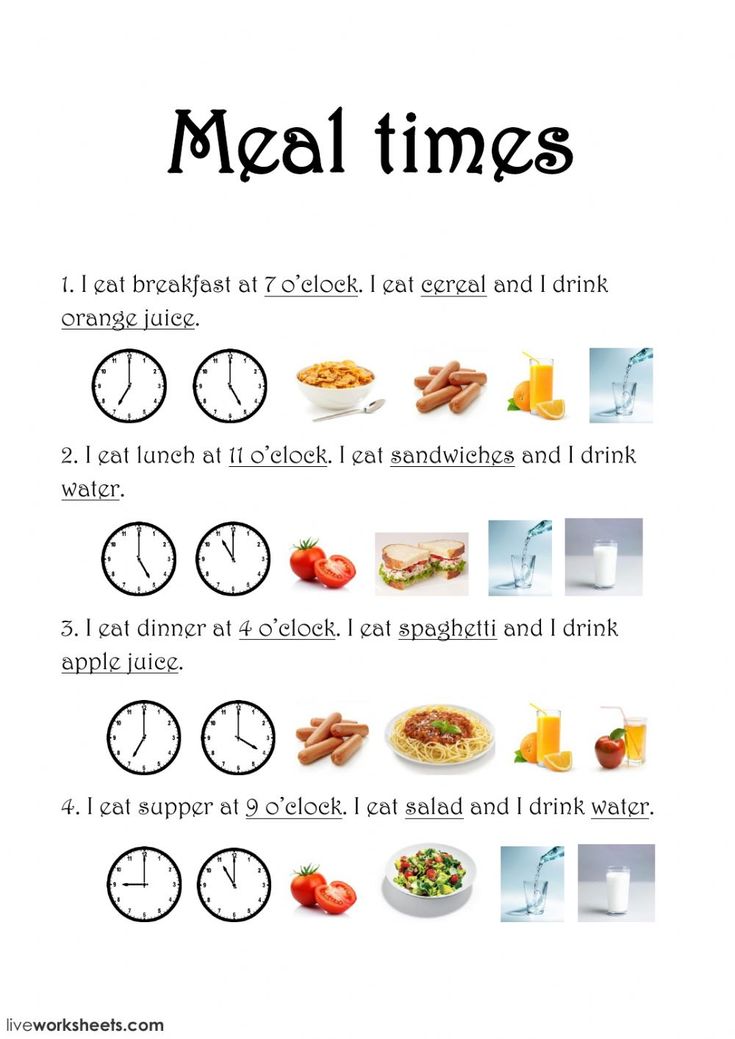 But please keep in mind that one should avoid apple juice during loose motion as it has more of sugar found in the apple. Check out Stewed apples recipe here:
But please keep in mind that one should avoid apple juice during loose motion as it has more of sugar found in the apple. Check out Stewed apples recipe here:
Like apples, bananas are also known to help to harden the stools during diarrhea. If using nendran banana, steam it and offer. Check out banana mash recipe here:
13. Carrots (6 Months+):Carrots help to firm up the stools and bind when diarrhea occurs. Choose steamed mashed carrots for the best results. Check out carrot mash recipe here:
14. Boiled Potatoes (8 Months+):15. Moong dal Khichdi (7 Months+):
Moong dal khichdi is a comforting and soothing food that makes your baby or toddler feel better during diarrhea. It's a light and healthy meal option when the little one is down with the loose motion. Make it without spices and ghee. Check out moong dal khichdi recipe here:
16.
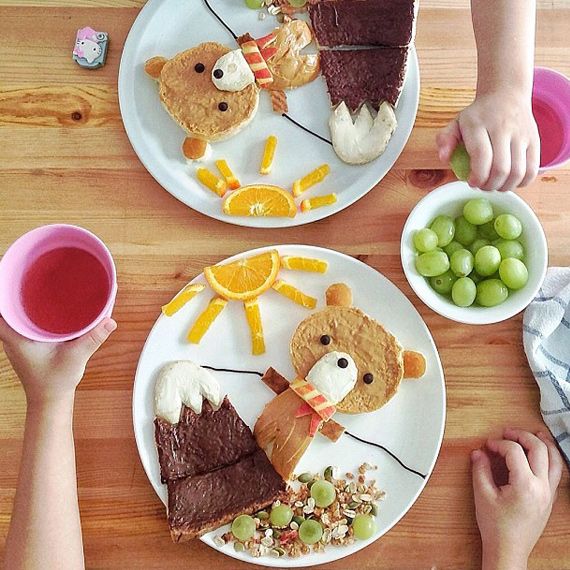 Curd Rice (8 Months+):
Curd Rice (8 Months+):Curd rice is another comforting meal option during the episode of diarrhea, it's most of the toddler's favorite too. Good bacteria in curd helps to fight diarrhea. Make sure the curd is not sour. Check out curd rice recipe here (make it without milk, butter, and tempering):
17. Sabudhana (7 Months+):
Sabudhana or sago is full of scratch and is great for a quick boost of energy, hence it's considered as the best food to consume during diarrhea. It's very easy to digest and low residue food too. Make Sabudhana kheer without milk and nuts, cook sabudhana pearls in water and make as a sabudana porridge, offer as such or you can strain and feed the water alone. Check out Sabudhana kheer recipe here:
Idli or steamed dosa is an easily digestible and soft food, you can prefer as a breakfast/dinner during loose motions. Serve with curd or plain dhal.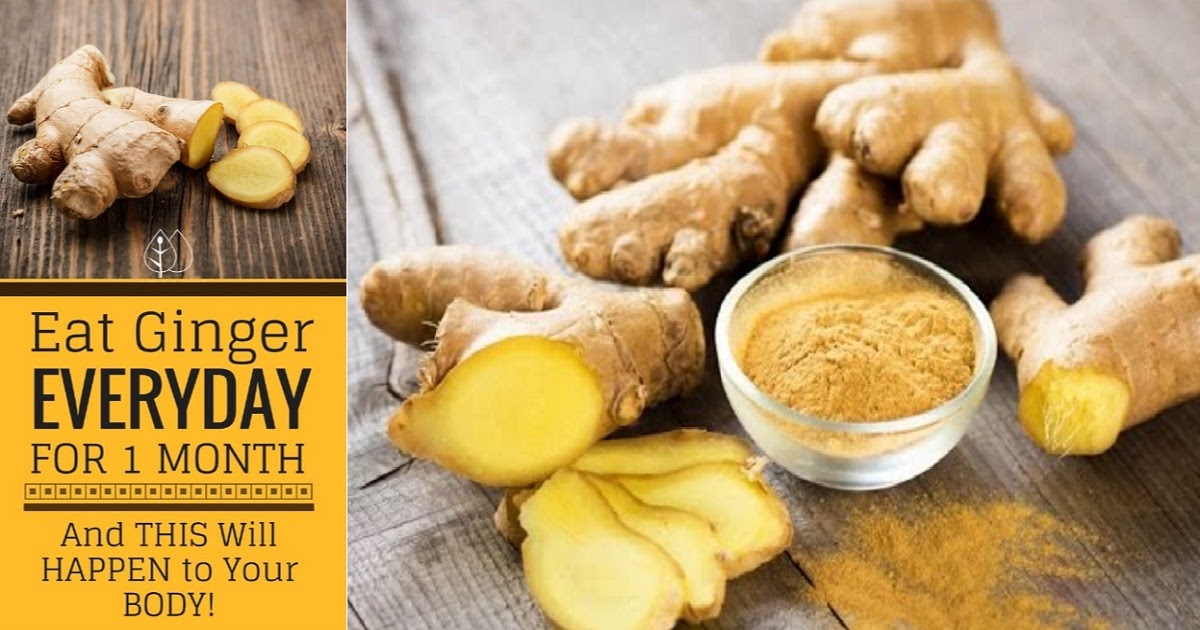 Check out Idli and steamed dosa recipe here:
Check out Idli and steamed dosa recipe here:
19. Idiyappam (8 Months+):
Idiyappam or rice noodles is another easily digestible breakfast or dinner option as it's made with rice, which is steamed and stomach-friendly. Serve it plain or with lemon juice. Check out Idiyappam recipe here:
Rice porridge is a well-known home remedy for diarrhea. It helps to replenish the electrolytes last in diarrhea. Check out rice porridge recipe here:
21. Bread Toast ( 1 year +):22. Arrowroot powder porridge (8 Months+):
Arrowroot is an old fashioned remedy for diarrhea and believed to reduce diarrhea. Make the porridge with arrowroot powder as similar to rice porridge. I will post the recipe soon.
Foods to avoid during diarrhea:- Dairy Products except for curd and buttermilk
- Sweetened drinks or carbonated drinks like soda
- All fruit juices
- Some Fruits ( peaches, pears, prunes, plums)
- Dry fruits and nuts
- High fiber foods
- Sugar
- Sweets
- Raw salads and sprouts
- Spicy food
I will update this post with recipes on a regular basis, please be updated by liking my facebook page GKFoodDiary or follow me through Google+,Twitter & Pintrest!
Important Note:- The information provided here are guidelines and doesn't replace medical advice.
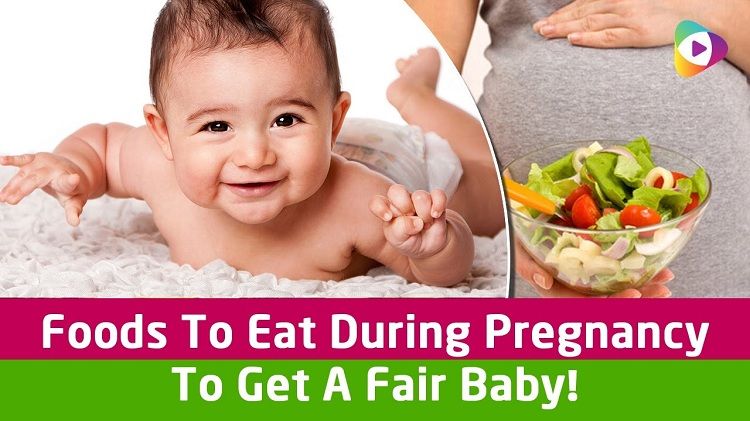
- Check with your doctor immediately if your baby has diarrhea and dehydration, as dehydration leads to dangerous effects. A doctor may help you to determine the cause of the problem and treat it.
- Make sure you have introduced each food separately and checked for allergies.
- Always check with your pediatrician before giving any food.
Photo Credit:
photo credit: Mano! via photopin(license) photo credit: splash_3 via photopin(license) credit: Ice via photopin(license)
Nutrition for preschool children
Enroll
August 22, 2017
The child goes to kindergarten, in connection with which his regimen changes, physical and mental stress increases. Under these conditions, special attention must be paid to the child's nutrition, it must be balanced, varied, contain all the necessary nutrients in order to adequately supply the child's body with the energy necessary for growth, development, and ensuring its physical and mental activity.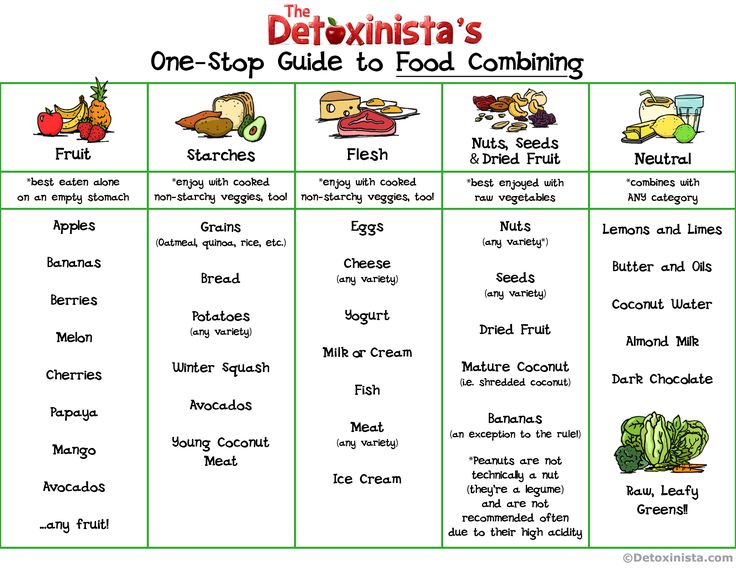 GMS Clinic pediatrician Daria Zakharova spoke about all the nuances in her article.
GMS Clinic pediatrician Daria Zakharova spoke about all the nuances in her article.
The need for energy and nutrients in children is different depending on the age, sex and activity level of the child. The amount of energy consumed depends on the number of main meals and snacks during the day, the calorie content of the consumed foods themselves, and the size of portions.
An important condition is a strict diet, which provides for at least 4 meals.
Moreover, 3 of them must necessarily include a hot dish. At the same time, breakfast accounts for approximately 25% of daily calories, lunch 40%, afternoon tea - 15%, dinner - 20%.
What is the diet based on?
Energy is provided by three main macronutrients: proteins, fats, carbohydrates.
Protein should make up 5-20% of all energy intake for children aged one to three, and 10-30% for children aged four to 18. Sources of protein include meat, fish, milk and dairy products, eggs (animal proteins), and bread, cereals, legumes, and vegetables (vegetable proteins).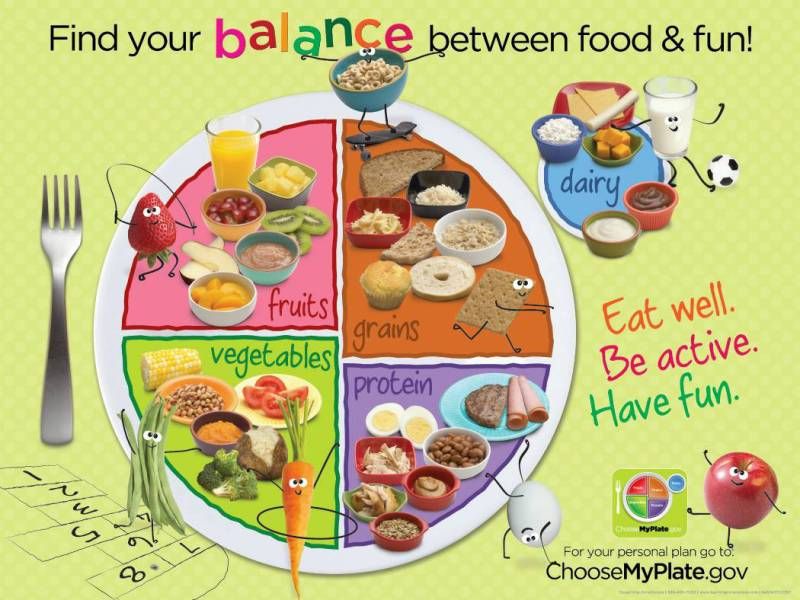 A sufficient amount of protein in the child's diet ensures normal growth and development, and also increases the body's resistance to infections.
A sufficient amount of protein in the child's diet ensures normal growth and development, and also increases the body's resistance to infections.
From meat, it is preferable to use lean beef or veal, chicken or turkey. It is not recommended to include sausages and sausages, as well as smoked meats, in the child's diet. Recommended fish varieties: cod, pollock, hake, pike perch and other low-fat varieties.
Fats are an important source of energy, they support the transport of fat-soluble vitamins, provide the body with two essential fatty acids (alpha-linolenic acid - Omega-3 and linoleic acid - Omega-6). These acids are indispensable for the body, as they are not synthesized in it. They are found in vegetable oils. Total fat intake should be between 30-35% of energy intake for children 2-3 years of age, and 25-35% for children 4 to 18 years of age.
The main percentage of fats should be polyunsaturated and monounsaturated fatty acids (vegetable oils - rapeseed, olive, sunflower; peanuts, nuts; vegetables of the cabbage family; avocado; eggs; poultry).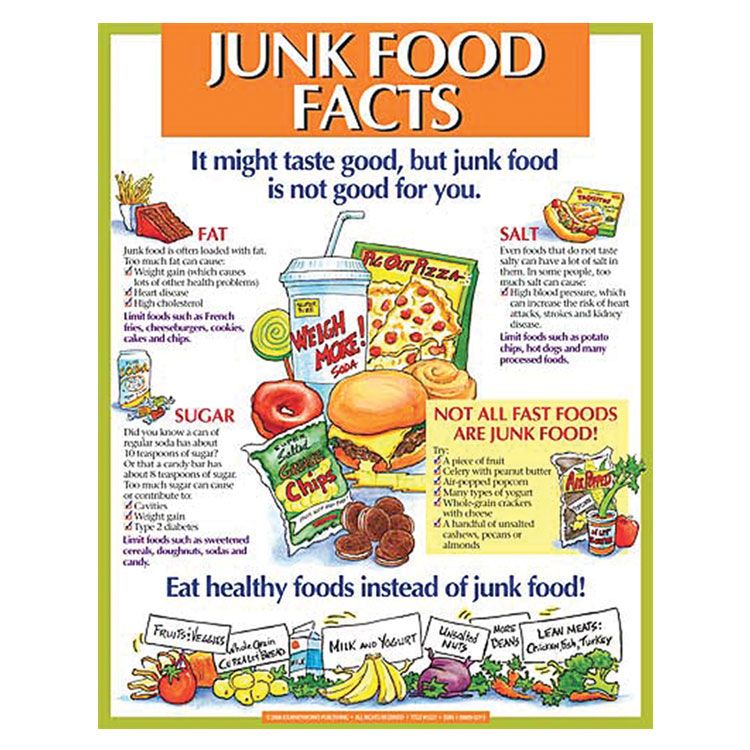 Saturated fats such as dairy products (especially those with a high percentage of fat content), meat, butter, both butter and palm, coconut, cocoa butter, chocolate should be limited to <10 percent of total energy intake.
Saturated fats such as dairy products (especially those with a high percentage of fat content), meat, butter, both butter and palm, coconut, cocoa butter, chocolate should be limited to <10 percent of total energy intake.
Carbohydrates are also an important source of energy, they are involved in the transport of vitamins, minerals and trace elements. Carbohydrates should make up 45 to 65% of all energy intake. Sources of carbohydrates are sugar, everything sweet, including fruits, confectionery, vegetables, bread, cereals, milk sugar contained in milk. The role of carbohydrates is especially important due to the high mobility and physical activity of children.
Sugar supplementation should be avoided in children under 2 years of age and limited to 5% of total energy intake in children over 2 years of age (approximately 25 grams per day, 100 kilocalories or 6 teaspoons).
Nutrition for children in preschool
The menu in a preschool institution is developed in accordance with the physiological needs of children, corresponding to their age.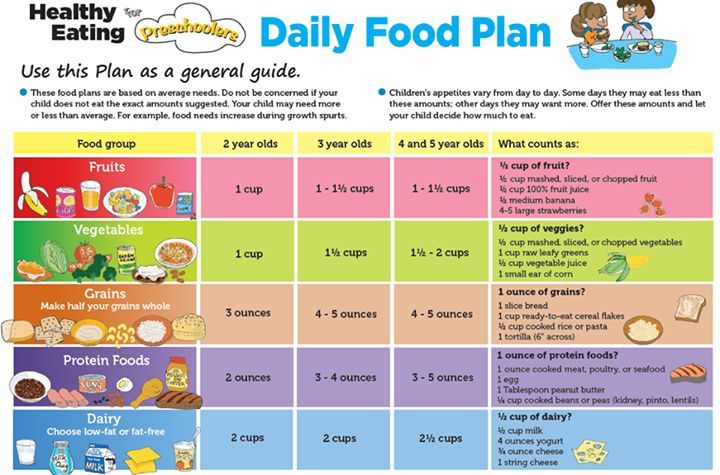 The set of products included in the menu is based on the national and territorial characteristics of children's nutrition and their health. The diet should include breakfasts, lunches, afternoon snacks and dinners.
The set of products included in the menu is based on the national and territorial characteristics of children's nutrition and their health. The diet should include breakfasts, lunches, afternoon snacks and dinners.
- Breakfast must include a hot meal, sandwiches and a hot drink.
- Lunch must consist of an appetizer, soup, second course, drink.
- Afternoon snack consists of a drink, bakery/pastry.
- Dinner consists of salad, second course, hot drink.
The child's daily diet should contain: meat / fish products, dairy products (milk, cottage cheese, cheese, sour cream, yogurt), foods containing dietary fats, cereals, vegetables / fruits, bread, chicken eggs (3 - 4 times a week).
Pediatrician
Related Articles
How to feed your baby - expert opinion
Ask two mothers how to feed their baby correctly and you will get two different answers. This is indeed a delicate and difficult issue. But let's look into it together with expert pediatrician GMS Clinic Elena Gvozdetskaya. The doctor spoke about the principles of nutrition for babies, gave recommendations on the choice of products, the method of preparation, and much more.
This is indeed a delicate and difficult issue. But let's look into it together with expert pediatrician GMS Clinic Elena Gvozdetskaya. The doctor spoke about the principles of nutrition for babies, gave recommendations on the choice of products, the method of preparation, and much more.
What you need to know about the first month of life?
After birth, the baby should be examined for congenital diseases, some of which are treated with replacement therapy or diet. But some physiological conditions that go away on their own are also being treated. We talk about mandatory tests for newborns and normal changes in children that should not cause alarm and do not require treatment.
Read article
In what conditions should children study?
On the first of April, enrollment in educational institutions opens. A comfortable sanitary and hygienic environment in them is one of the main factors in the development of the child. Scientists and doctors have developed standards for schools and kindergartens that parents should know about. Let's talk about the most important things to pay attention to.
A comfortable sanitary and hygienic environment in them is one of the main factors in the development of the child. Scientists and doctors have developed standards for schools and kindergartens that parents should know about. Let's talk about the most important things to pay attention to.
Should I be afraid of a vascular tumor?
This is a neoplasm that occurs due to abnormal growth and division of cells that form blood vessels. More often, hemangiomas appear, usually benign, disappearing without any treatment. But sometimes they have to be removed. We tell you when to monitor tumors and when to see a doctor.
Read article
Which TB test is best?
Tuberculosis is a common disease that occurs in children and adults, regardless of the financial situation of a person, profession and lifestyle. A TB patient often looks healthy, but sometimes poses a danger to others.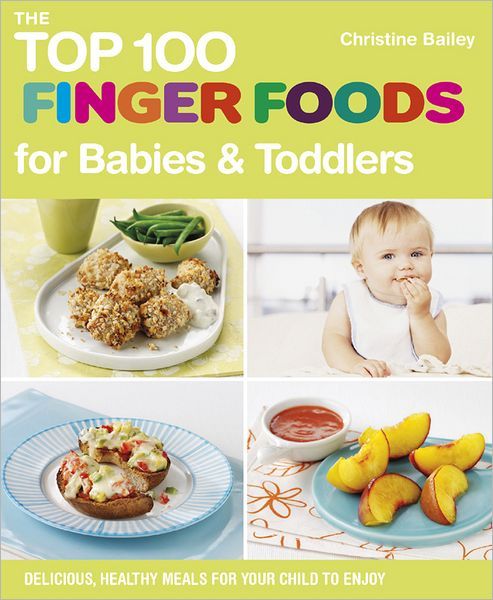 We talk about the indications and contraindications of different tests and their differences.
We talk about the indications and contraindications of different tests and their differences.
When is it time to introduce complementary foods?
Read articleMore articles by this author
Urinalysis in children
Correctly collect and bring to the laboratory - the mission is possible! Every parent at least once faced this hardly feasible task - to correctly collect urine for analysis, especially from a small child.
Read article
What you need to know about childhood vaccinations
Text provided incomplete. You can read the entire article on FORM - SBER EAPTEKI's blog. Vaccinations have been given to children in Russia for more than 60 years - this is one of the most proven and safest ways to protect a child from infections.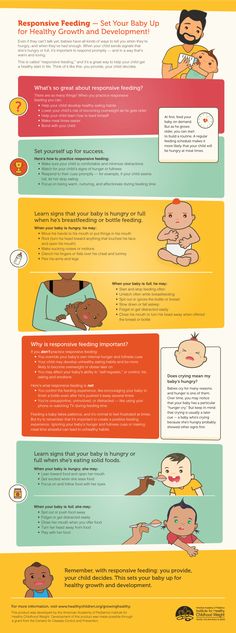 They prevent up to 3 million deaths worldwide every year. We tell you what vaccines are, how they work and what they protect against.
They prevent up to 3 million deaths worldwide every year. We tell you what vaccines are, how they work and what they protect against.
Bathing season
GMS Clinic pediatrician Daria Ivanovna Zakharova answers the most common questions from parents about the holiday season.
Read article
How not to treat SARS?
Text provided incomplete. You can read the entire article on FORM - SBER EAPTEKI's blog. With children's colds, parents still sometimes use alternative methods of treatment. Also, drugs are often used that do not work with a viral infection. We tell why such methods do not work, why they are dangerous and how you can save on unnecessary medicines.
Read article
Why take your child to the doctor often?
Parents are often indignant when a pediatrician issues another stack of referrals for examinations and tests.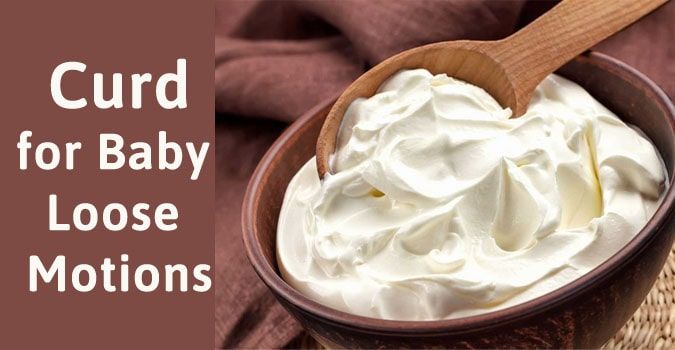 They may seem like a waste of time, effort and money. Let's talk about why this is really important.
They may seem like a waste of time, effort and money. Let's talk about why this is really important.
A child has an injury: what to do?
Children do not know how to calculate the consequences of their actions, they are curious and do not understand when to stop exploring the world. We tell you how to reduce the likelihood of injury and what to do if this happens.
Read article4-7 year old child - Tarkvanem ‹ Meals - Tarkvanem
Main page / Meals / 4-7 year old child
Lateral navigation
As the child grows older, he becomes more independent. This is expressed in his eating habits and food choices. Certain food preferences have formed, he wants to choose more himself, decide what he will eat.
The child's energy and nutrient requirements per kilogram of body weight are still very high, which on the other hand means careful planning of the menu to get everything you need from food.
From soft drinks, potato chips, sweets, buns and cakes, the child receives a lot of empty energy, which is enough or too much to meet the energy needs, but at the same time, he remains without other foods (fruits and vegetables, bread, milk , fish, etc.), which are needed to obtain proteins, fatty acids, vitamins and minerals necessary for life.
Dietary recommendations for children over 2 years of age are similar to adults, but because children have lower energy requirements, the recommended amount of food also decreases proportionately.
Meals
Children should have 3 main meals and 1-2 snacks per day.What kind of food and how many times to give at home depends on the time that the child spends in a childcare facility. The body needs to be regularly provided with the necessary amount of energy, so it is important to stick to daily meals.
Breakfast is the most important meal of the day - it supplies the body with energy so that the child can start playing or learning. If the child goes to kindergarten, weekday breakfasts must be adapted according to whether the child eats breakfast in the garden and what time he eats it. Breakfast does not need to be eaten immediately after waking up, but it is useful to have breakfast within an hour.
If the child goes to kindergarten, weekday breakfasts must be adapted according to whether the child eats breakfast in the garden and what time he eats it. Breakfast does not need to be eaten immediately after waking up, but it is useful to have breakfast within an hour.
Snacks should be minimally processed (eg fresh or dry fruits and berries, vegetables, unflavored yogurt and cottage cheese, bread, juice, oatmeal, sandwiches). Sweets, crackers, cookies, soft drinks, juice drinks, ice cream, etc. are not suitable as snacks. Even one candy or cookie between meals can ruin a child's appetite for the whole day. Do not give your child food as a prize or consolation, or if the child is bored.
Lunch and dinner can be heavy, especially lunch . Soups and a slice of bread with soup go very well, as well as a dessert using a minimum amount of sugar, or even a small second. The younger the child, the more you need to use stewing-boiling in cooking his food. Perfect for a variety of casseroles. Since children want to see what ingredients food is made of, teaching a child to eat mixed dishes from infancy can hide vegetables in them that children do not really like. For dinner, a dense vegetable salad is suitable, in which you can add an egg, cheese, fish, meat, homemade cheese, or something else. If the child eats properly in the garden, the food offered at home should not be very energy intensive.
Dinner should be a specific time when the family eats together and where they can talk about the day's events and be together (rather than watching TV or a computer screen at the same time). Here you can discuss the menu for the next day, as well as prepare for the weekend.
Like adults, all children are different. Every child has favorite foods, as well as those that they do not like at all. Knowing the preferences of children, the child can slowly teach him to eat those foods that he usually does not eat. To do this, you can hang on the refrigerator a list of products that the child must consume during the day.- A child should be taught to eat right and healthy from an early age. Habits formed in childhood often influence the choices we make later in life. Some children are quite selective in terms of what he eats and what not; It is important that you, as a parent, be an example to your child and encourage and support healthy eating habits.
- Young children in their food preferences are guided by two main factors - whether they are familiar with food and the taste of food (sweetness). Therefore, new products must be introduced carefully and in small quantities, leading by example. Getting used to new foods takes time. If you do it carefully and in a playful way, the children will be very interested.
- The more natural flowers will be presented on the plate, the more beautiful and appetizing the dish will be, the more it will contain various essential nutrients.
- When eating, the child's mood and environment are important (for example, whether the TV is playing or there are guests), as well as whether the child is hungry.
- For eating, it is imperative to set aside time to enjoy food. When eating together with the family, the child will eat faster, the example of parents is important from early childhood. Enjoy each other's company while eating.
- Appearance and correct food temperature are important for a child. The child will eat with great appetite if he sees what ingredients the food was prepared from. Try different foods and cook them in different ways to ensure food variety and availability of different nutrients.
- Teach your child to choose foods from different food groups so that he understands the diversity of food. Give your child the opportunity to choose their own food from suitable foods: this or that fruit, various grains, various vegetables, etc. Teach children to eat plenty of vegetables from an early age.
- Offer water, not juice, to quench your thirst.
- A child should never be scared about food. Food is not a means of punishment or reward.
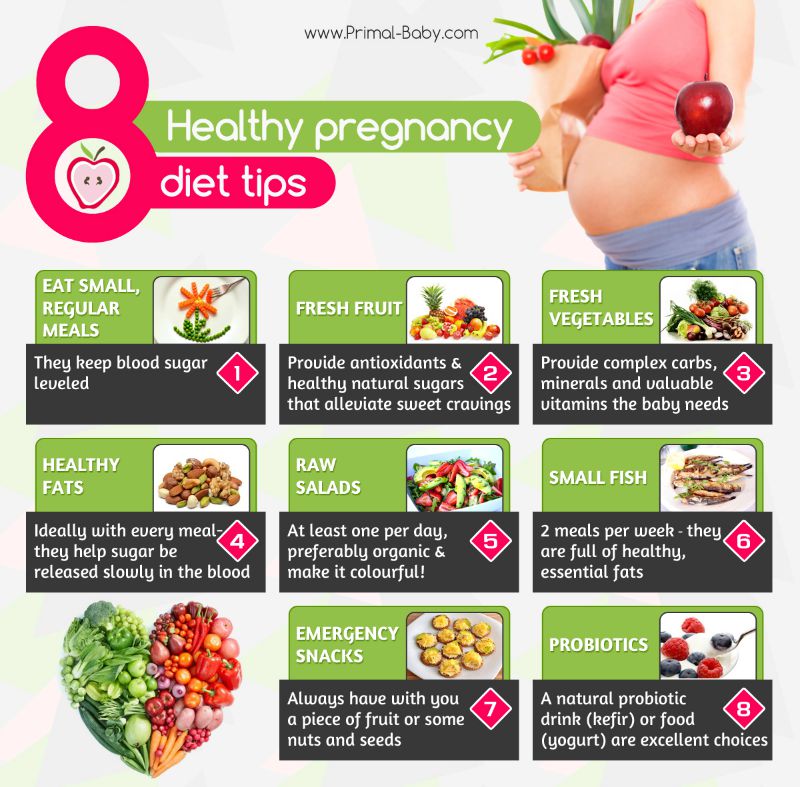 Do not force the child to eat, rather attract. If you force a child to eat, it greatly affects the psyche and behavior of the child and can leave a negative imprint on his entire subsequent life.
Do not force the child to eat, rather attract. If you force a child to eat, it greatly affects the psyche and behavior of the child and can leave a negative imprint on his entire subsequent life.
The most important child nutrition keywords:
- example
- joint meal
- availability of suitable food
- explanatory work
- time
- choice and decision making
- An example is one of the factors that will begin to shape the nutrition of a young child. The younger the child, the more influence on his choice of food is the example of parents and siblings. As the child matures, friends and the environment become more influential.
- A child's eating habits are shaped by what food choices are available to the family (including the child) (both financially and based on the parents' knowledge), how meals are organized at home, etc.
- Many children aged 4-7 go to kindergarten, and often spend time at home only in the evenings or on weekends.
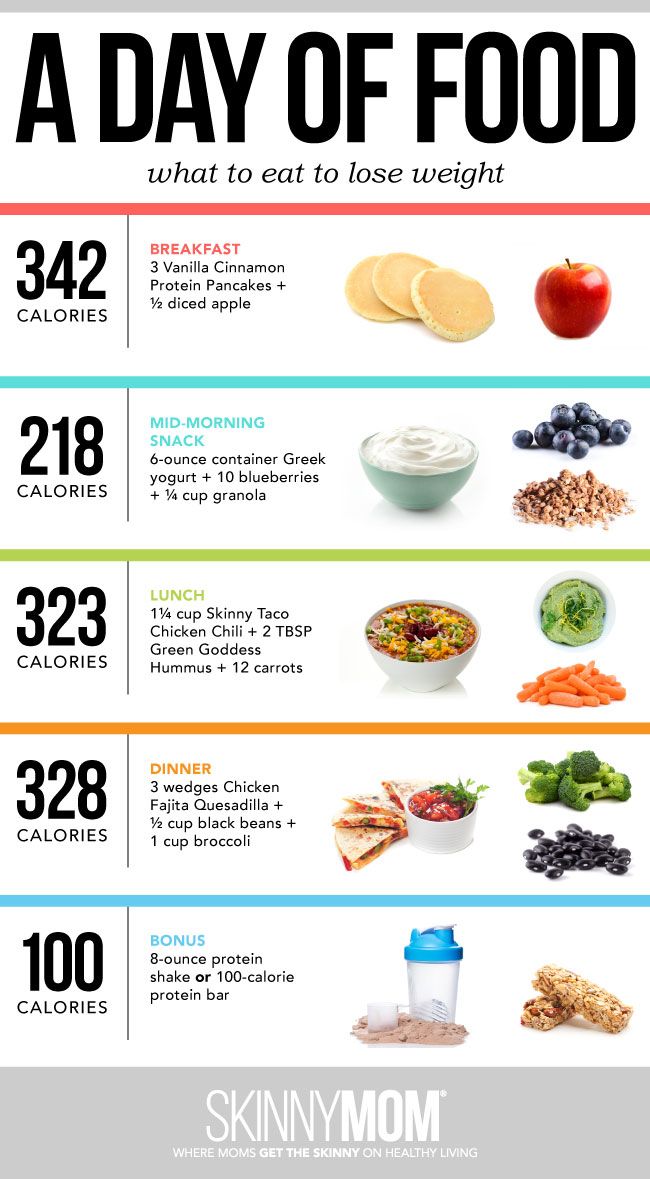 These meals should form a conscious choice. Children can discuss with children and direct their nutritional wishes.
These meals should form a conscious choice. Children can discuss with children and direct their nutritional wishes.
Children grow in periods, which means that there may be times when the child eats too little, and there are periods when he eats more.
- It is useful to ensure that food intake and energy expenditure are balanced.
- If the child is very active, he should eat more.
- If the child seems to be eating too little or too much, keep a food diary - for about a week, write down everything that and how much the child ate and drank.
- It often turns out that the problem is not in the amount eaten, but in the choice of food. After all, you can get as much energy from a couple of candy cookies as from a good portion of soup.
- It is unwise to immediately grab a jar of vitamins and minerals, you should reconsider nutrition - sufficient, balanced and varied nutrition will provide the necessary substances.
- The only exception is vitamin D, which all children should receive as a dietary supplement.
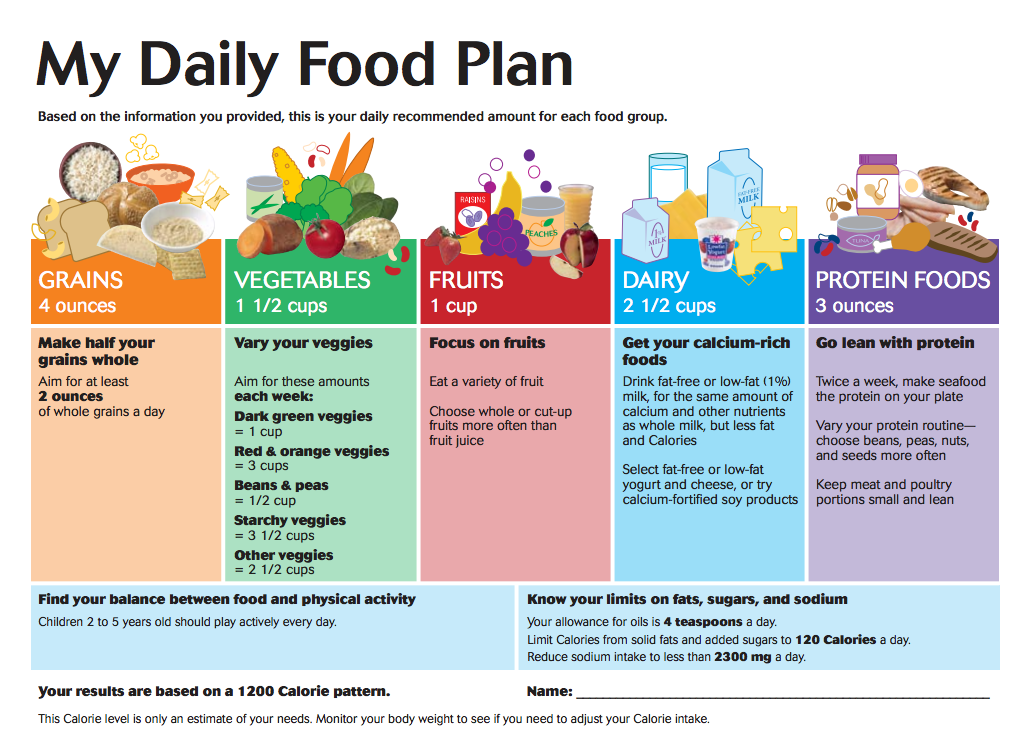
- If a child has access to a varied and balanced diet, he grows and develops according to his age, there is no cause for concern. If parents still feel that the child may not be getting all the necessary nutrients in sufficient quantities, from time to time blood tests can be done by a doctor to check the health.
- Candy or cookies should never be given to children as a consolation, reward, or dispersal of boredom - on a subconscious level, this can affect his eating habits in the future. Avoid bringing sweets (candy, cookies) home and keep them in a conspicuous place. Instead, put peeled-cut fruits and vegetables on the table.
- To satisfy the desire to eat something sweet, nuts and dried fruits and berries are suitable, but one should not be too zealous with them either. Nuts can only be given to young children in a ground or highly chopped form, as well as to both young children and older children so that children do not have an allergic reaction to them.

- Clean water should always be available to quench thirst. You can drink up to two glasses of juice per week. If necessary, dilute the juice yourself, do not buy nectars, juice drinks and syrups in the store, not to mention soft drinks.
- Although vitamin-fortified water is thought to help you get enough vitamins, one 750 ml bottle actually contains approximately 40 grams of sugar, which is the daily dose of sweets for an adult.
- A varied, balanced and regular diet (including cereals, fruits and vegetables, and other food groups) ensures sufficient intake of vitamins, minerals and macronutrients, as well as energy and reduces the desire to eat something sweet.
- It is very likely that an obese child will grow into an obese adult.
- Increasingly, overweight and obesity are already occurring in young children.
- This risk can be reduced through informed food choices and sufficient exercise.
- With food you need to get as much energy as it is consumed.
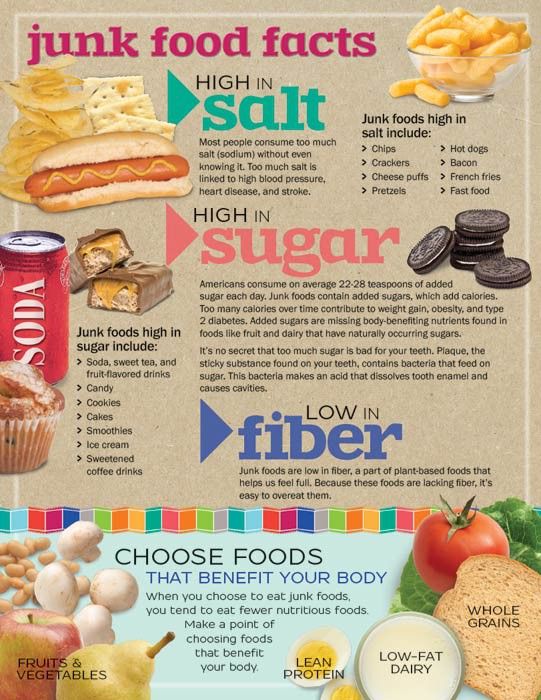 Therefore, foods rich in energy, but poor in vitamins and minerals (for example, sweets, cookies, buns, cakes, soft drinks, potato chips, etc.) should be eaten as little as possible.
Therefore, foods rich in energy, but poor in vitamins and minerals (for example, sweets, cookies, buns, cakes, soft drinks, potato chips, etc.) should be eaten as little as possible. - Food choices should be as varied as possible, including whole grains, vegetables and fruits, as well as berries, unsweetened dairy products, fresh fish, poultry, meat and eggs, nuts and seeds.
- The child must be physically active (in the house and in the yard) for at least 60 minutes a day, even more is better.
- To check whether the child is growing and gaining weight normally, you can look at the growth and weight curve of babies and children, and in case of underweight or overweight, it is imperative to consult a family doctor or pediatrician for further instructions. You can not limit the nutrition of the child, guided by their own ideas.
Kindergarten children often eat out three times a week - breakfast, lunch and dinner.
According to how much time the child spends in kindergarten, how many times and what he eats, it is necessary to form the child's home meals.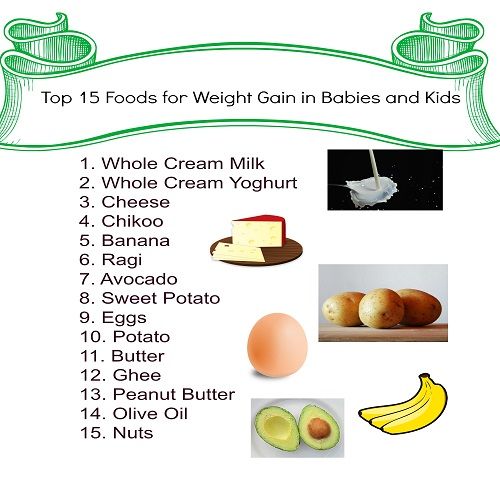 The body needs to be regularly provided with the necessary amount of energy, so it is important to stick to daily meals.
The body needs to be regularly provided with the necessary amount of energy, so it is important to stick to daily meals.
Keep up to date with the weekly kindergarten menu, make different options for homemade dinners or weekend lunches. Also ask teachers if the child ate in the garden and how much he ate from what was offered, take this data into account when serving homemade dinner.
The more flavors and foods you introduce to your child from an early age, the easier it will be for them to get used to food in kindergarten.
In Estonia, food regulations have been developed in pre-school child care institutions, which are regulated by an order of the Minister of Social Affairs.
Too many meals offered to children often include too much salt or sugar. Children's meals may appeal to children (often due to their high fat, sugar and/or salt content), but their nutritional value is often very low. Instead of children's meals, it is better to choose a regular dish or soup and ask for it to be prepared with as little salt as possible.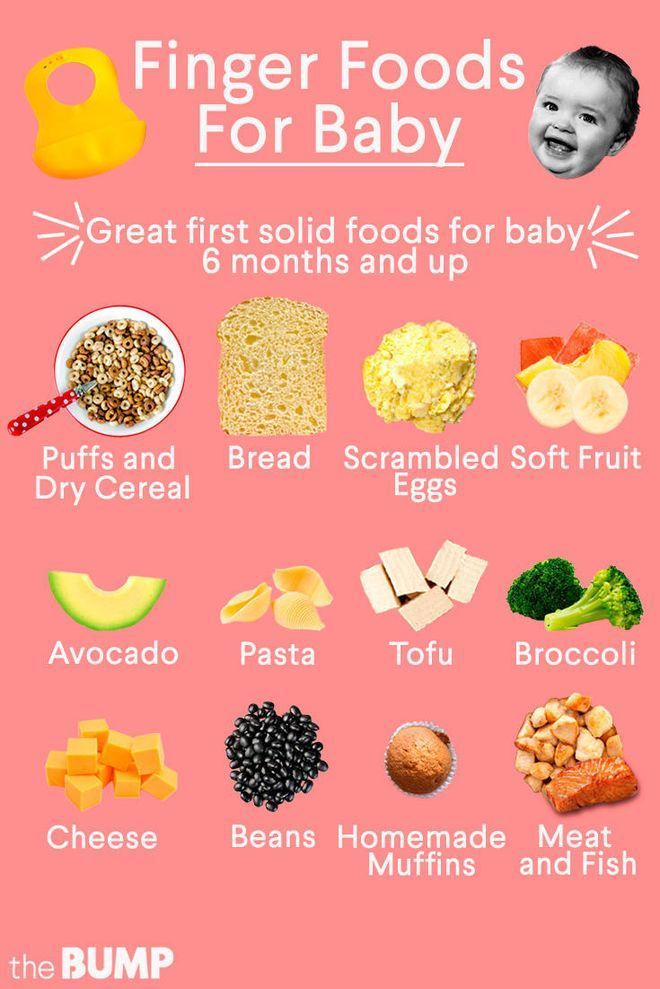
Fast foods also tend to be high in energy (and high in fat, sugar and/or salt). For example, from one small cheeseburger, small fries and 250 ml of cola, a child can get about 650 kcal, which is about 40% of the daily energy requirement of a 7-year-old child with an average activity. Salt in this choice contains a little more than is acceptable per day (children aged 2-9 years can receive no more than 4 grams of salt from all sources per day). A soft drink contains just over 25 grams of sugar, which is also more than half of the maximum allowable daily amount of sugars. If you absolutely want to offer such food to a child, this is possible no more than twice a year, and then if the daily diet is in order.
- Depending on the age of the children invited to the birthday party, the selection of food for the festive table can be guided by recommendations for their age.
- The food offered at the birthday party must be prepared from minimally processed raw materials.
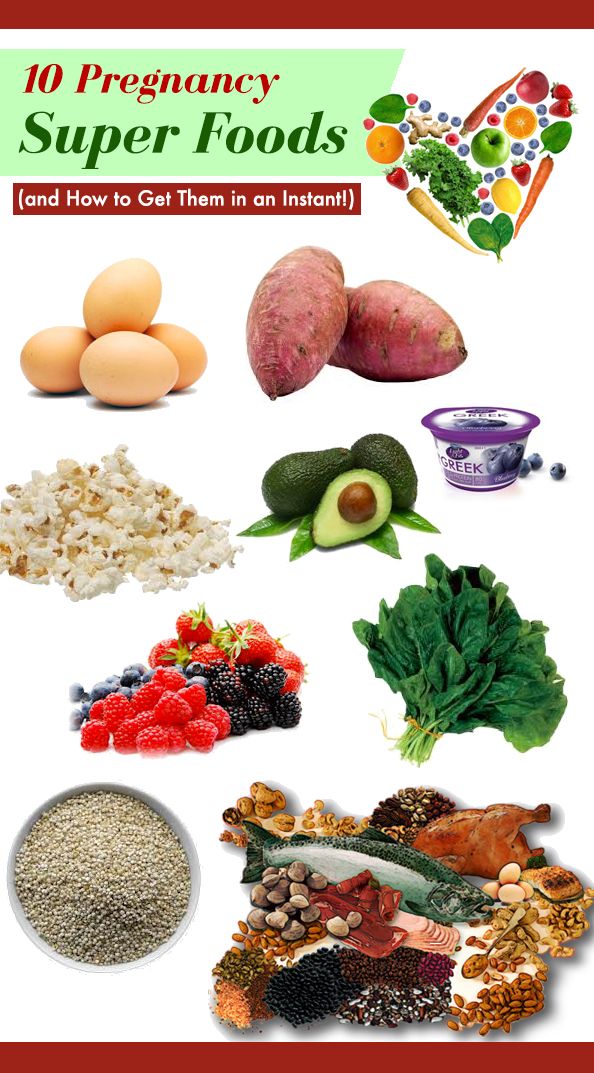 The less sweets, soft drinks, potato chips and other similar foods on the festive table, the better. If there is a rich and convenient selection of fruits and vegetables on the festive table, and the children have something to do, the children will not even remember that such food exists.
The less sweets, soft drinks, potato chips and other similar foods on the festive table, the better. If there is a rich and convenient selection of fruits and vegetables on the festive table, and the children have something to do, the children will not even remember that such food exists. - First of all, it is great for children (especially if the birthday is not at home, but in some kind of playroom) sliced vegetables such as carrots, paprika, cucumber and cauliflower with homemade unseasoned yogurt dip sauce.
- You can offer fruit on a skewer (melon, pear, watermelon, grapes).
- If desired, you can prepare more dense dishes (salads, homemade pizza, etc.), but they must be prepared from minimally processed raw materials.
- If you offer baked goods, try to find low sugar options (raw sugar, agave syrup, etc. are not good alternatives).
- If there are only a few children's birthdays in which the child participates in a year, on this day you can “sin” a little and offer the children a little more food to their taste, for example, meatballs, sausages, oven-cooked french fries, popcorn without salt.
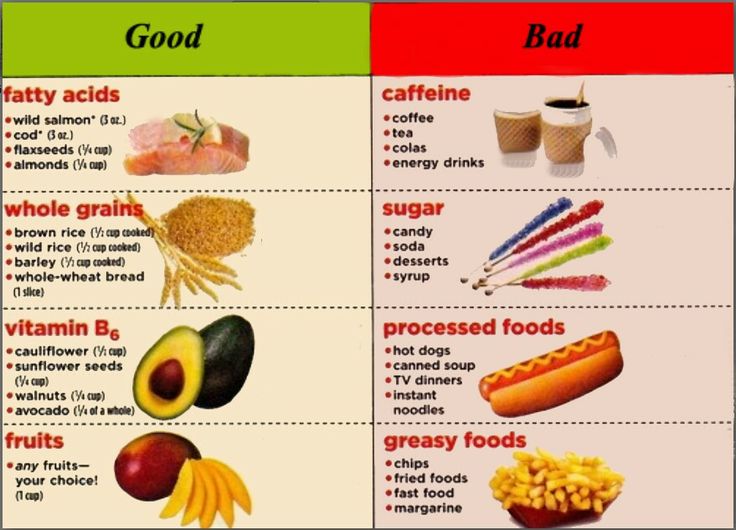 But this is again provided that on other days the choice of food corresponds to the recommendations.
But this is again provided that on other days the choice of food corresponds to the recommendations.
- Always read the label on food packaging! This will help you make a more informed choice.
- The allowable amount of supplements for children is usually less than for adults (the maximum amount is based on the body weight of an adult). Therefore, be careful with colored sweets, drinks, cookies with a long shelf life, desserts and sausages, products containing synthetic sweeteners.
- If the child is old enough to participate in the grocery shopping, let the child choose between suitable foods: one or another fruit, various cereal products, various vegetables, etc.
- Avoid the shelves with sweets, biscuits, soft drinks, etc., so that the child does not have a desire to buy sweets.
- If a child in a grocery store always asks for candy, etc., then it is better to go there without a child or take the child to the store when he grows up and understands what and when is bought in the store.
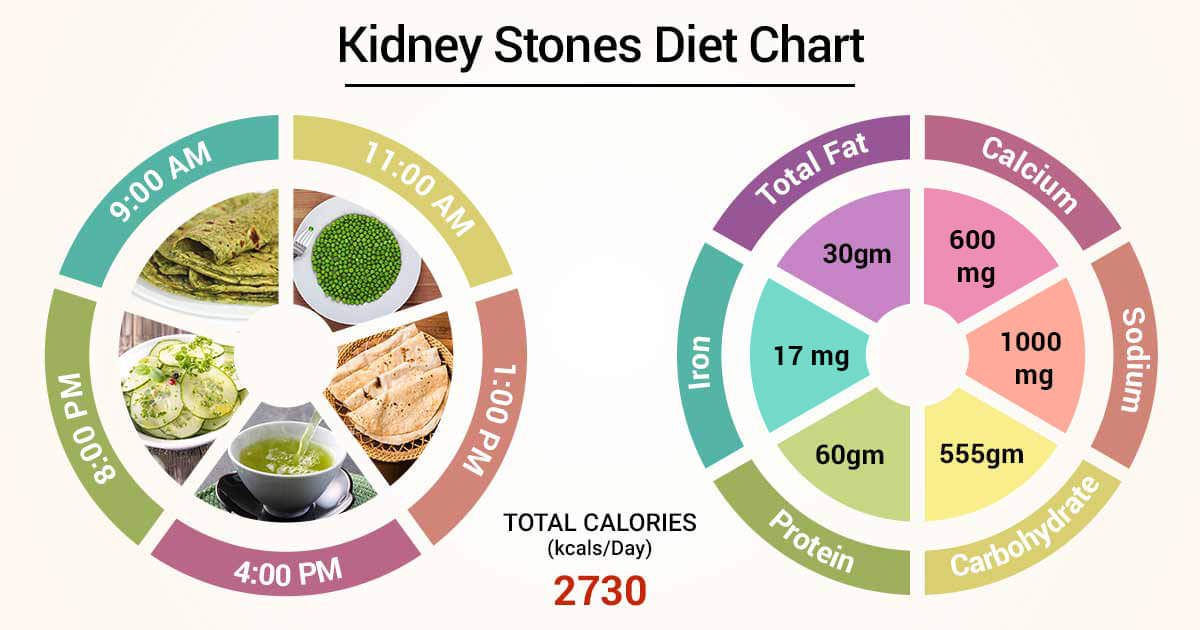
- Always go to the store on a full stomach, with a shopping list, and avoid impulse purchases.
The less time preschoolers spend watching television and gadgets, the better.
The use of gadgets and watching TV is not recommended while eating, as it diverts attention from eating as a process. In turn, this forms the wrong eating habits in children.
While eating, all attention should be paid to the process of eating.
- The principle of a healthy lifestyle is that the amount of energy received from food and the amount of energy expended are in balance.
- All children should be as active as possible from an early age. Parents themselves should orient their children to the movement, be an example to them.
- The child must be physically active (in the house and in the yard) for at least 60 minutes a day, even more is better.
- Mobility habits formed in childhood are the basis for adult mobility habits.
- If the child is more active (for example, goes to some kind of training), his need for energy is higher due to the energy expended.
